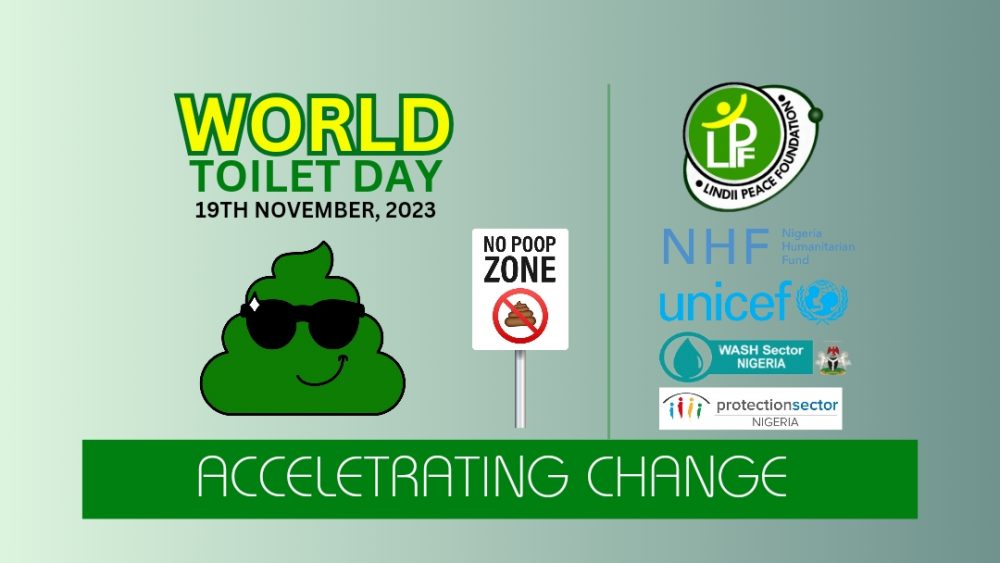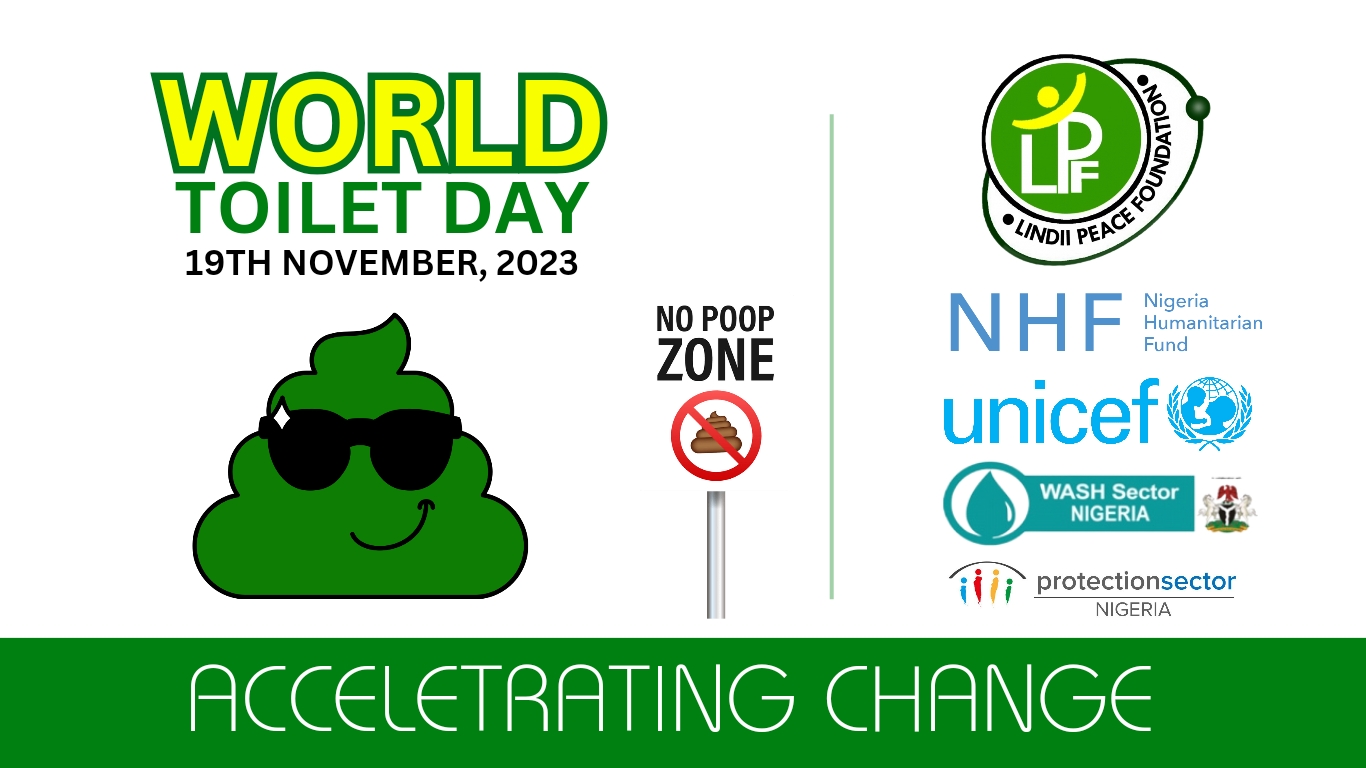Introduction
World Toilet Day, observed annually on November 19, serves as a reminder of the critical importance of sanitation and access to adequate toilet facilities worldwide.
Despite its apparent simplicity, the absence of proper sanitation poses severe threats to human health, dignity, and sustainable development, impacting billions globally.
Key Challenges
Lack of Access to Safe Toilets:
- An estimated 3.5 billion people globally lack access to safe sanitation facilities, leading to compromised health and environmental pollution.
Dire Health Impacts:
- Daily, approximately a thousand children lose their lives due to preventable diseases such as acute diarrhea, linked to poor hygiene practices and contaminated water consumption, as reported by the UN.
- These diseases not only affect health but also contribute to malnutrition, hindering proper physical and cognitive development.
Global Statistics:
- Around 2 billion individuals worldwide rely on drinking water sources contaminated by waste (WHO/UNICEF 2019).
- Nearly half of the IDP Camps, Markets, schools, Barracks, Hostels, Motor Parks and Production companies in the world operate without proper handwashing facilities with soap and water, posing further health risks, Humanitarian Crisis and Vulnerable Populations. (WHO/UNICEF 2020).
It’s on record that 3.5 billion people worldwide currently live without safe sanitation, with 419 million resorting to open defecation.
These conditions lead to the tragic and preventable deaths of 1,000 children daily, posing a threat to both the environment and the health of vulnerable groups, especially women and girls.
Impactful Initiatives Addressing the Crisis
Efforts by Lindii Peace Foundation (LPF):
With the intervention of the Nigerian Humanitarian Funds (NHF) in its effort to Strengthen Resilience of Venerable Population through the Provision of WASH, LPF aid in the construction of 2 new Latrine Blocks and Rehabilitated 42, LPF is presently handling the operation and maintenance of 69 sanitation facilities, benefitting approximately 13,800 individuals as per sector standards in Pulka.
Trained 27 Community Hygiene Promoters in Pulka, with the impact of about 13,500 beneficiaries monthly across IDP Camp A&D.
Dissemination of hygiene-related messages, water treatment and storage training, waste disposal education, and gender-sensitive guidance to mitigate risks of violence related to toilet usage.
Granting over 20,000 people access to safe toilets, alongside educating children on proper nutrition and hygiene practices, positively impacting entire communities.
Critical Need for Immediate Action
Urgency of Provision of Safe Toilets:
Inadequate sanitation facilities directly contribute to the spread of waterborne diseases like cholera, typhoid, and infectious diarrhea.
Women and girls are particularly vulnerable due to the lack of privacy, exposing them to heightened risks of violence and harassment.
Success
Impact in Pulka, Borno State, Nigeria:
Focus on constructing latrines and regular dislodging of drop holes and maintenance, is crucial in preventing hygiene-related diseases.
Distribution of hygiene kits instrumental in curbing disease spread and enabling individuals to maintain personal hygiene.
LPF emphasize the urgent need for action, advocating for increased access to proper sanitation facilities as a fundamental human right.
Focus remains on scaling efforts to ensure everyone living in and around the IDPs Camp has access to clean and safe toilet, promoting better health, dignity, and sustainable development.
Conclusion
As the world observes World Toilet Day, global attention remains on addressing the sanitation crisis, urging collective action to ensure everyone’s access to clean and safe toilets, thus safeguarding health, dignity, and sustainable progress for all.



